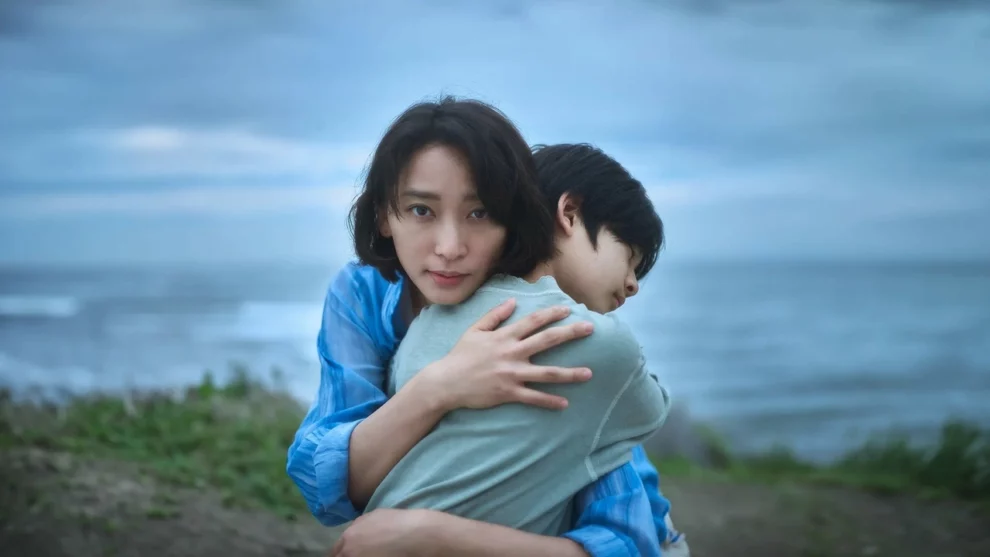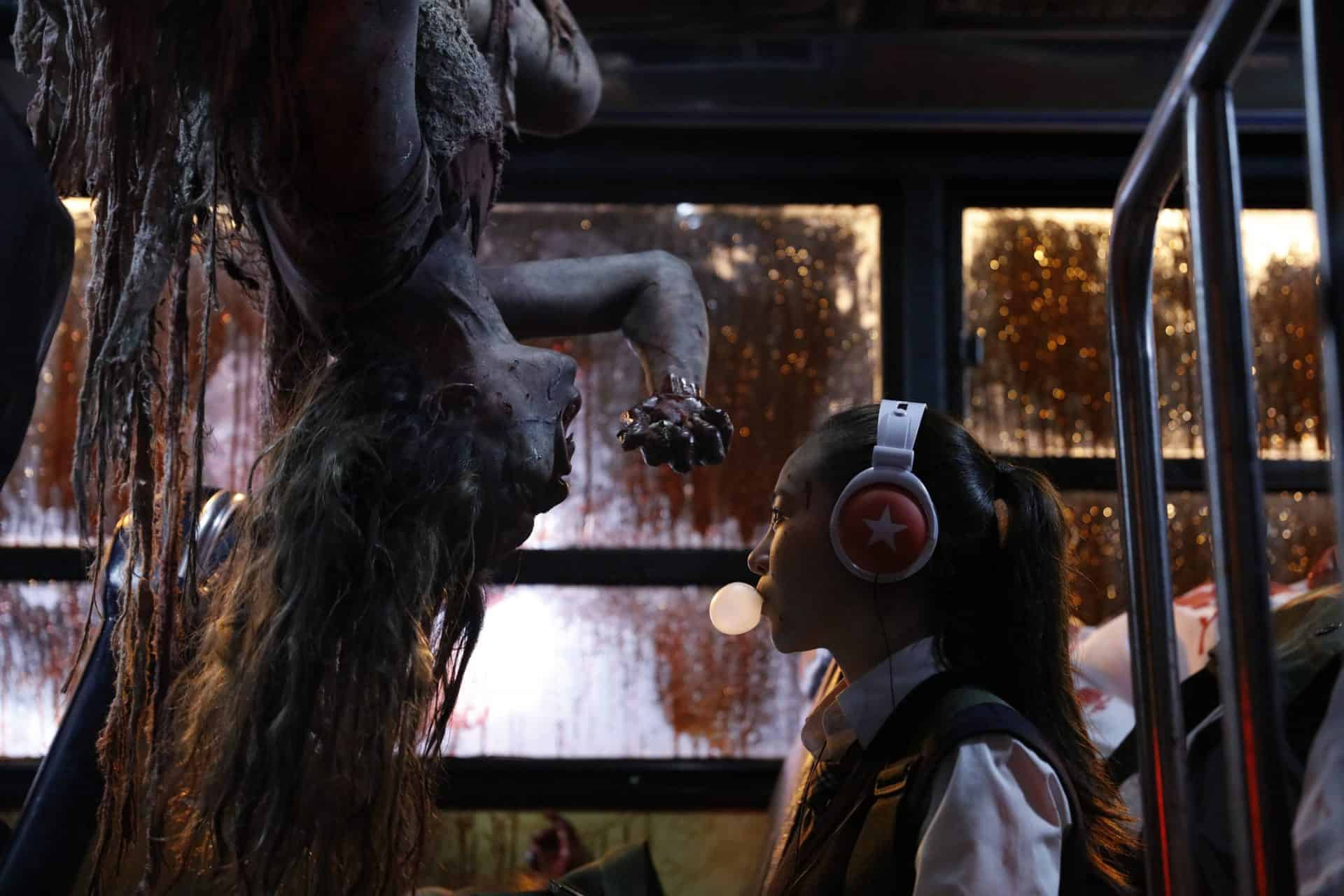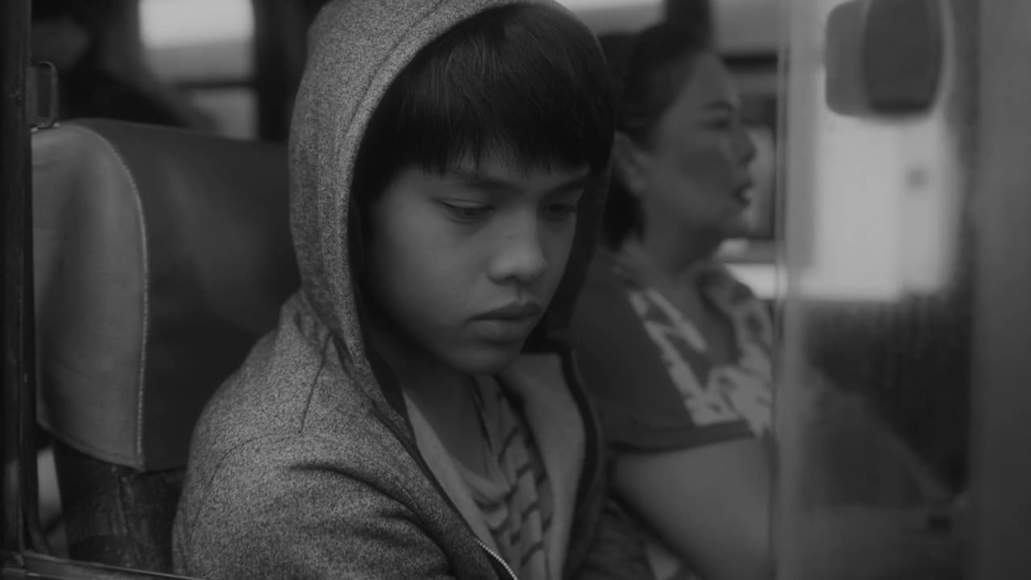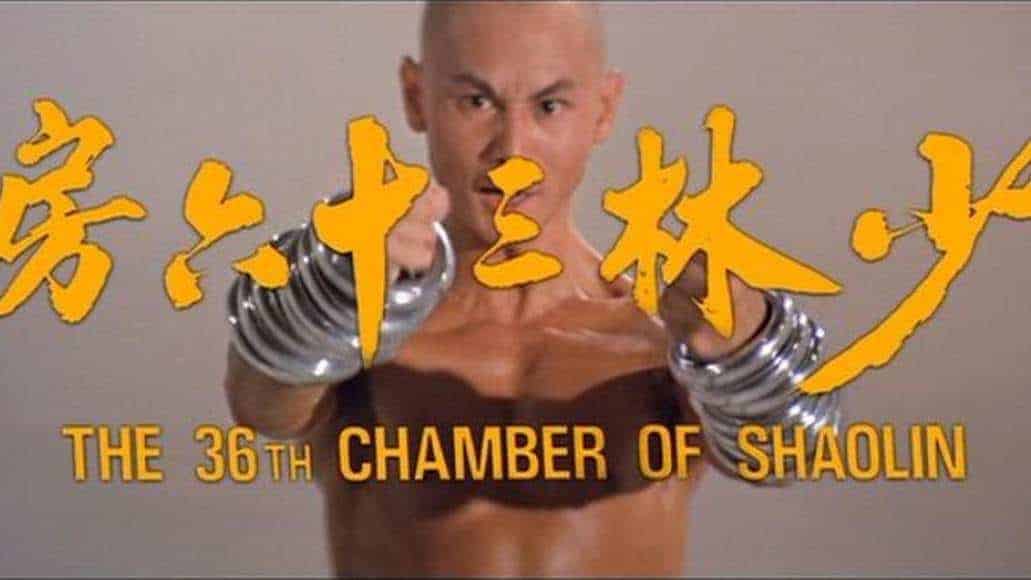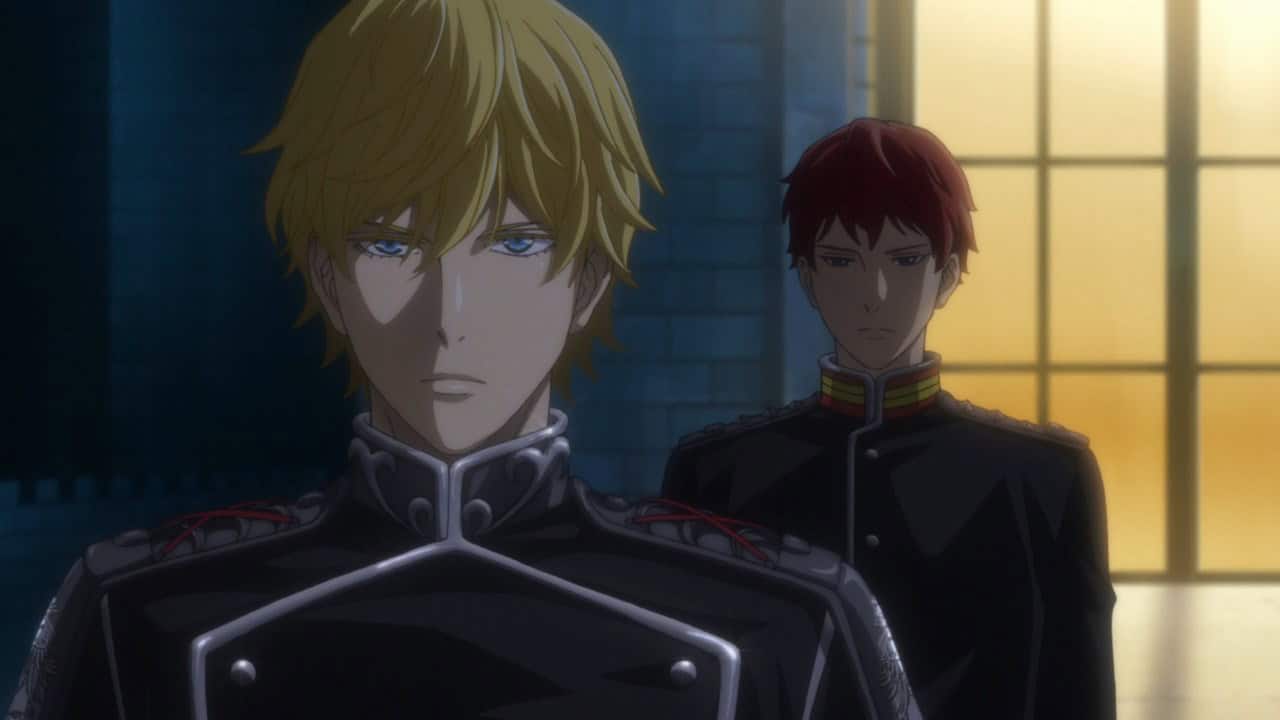Vulnerability and humanity are showcased through a gray-area emotional journey in Kosai Sekine's wonderful film “Stay Mum,” also known as “Hidden Things” and “Kakushigoto” in Japan. Based on the original story “Uso” by novelist Koji Kitakuni and a screenplay by Sekine, the director explores family love wrapped up in lies and moral dilemmas without ever feeling manipulative in how the movie presents itself. Anne Watanabe stars alongside a cast that includes Eiji Okuda and Toma Nakasu.
Stay Mum is screening at Toronto Japanese Film Festival

Following her mother's passing, writer Chisako Satoya temporarily moves back in with her father, Kozo, to help him. This proves hard for her because they haven't seen each other in forever due to a long-standing feud. Yet, her dad has dementia and is now living alone without support, so she becomes obligated to assist him. Plus, she is revealed to be still coping with the tragic death of her child, Jun. One evening, while catching up with her friend Hisae, Chisako rescues a boy who appears to have lost his memory following an accident. Additionally, signs of abuse are found all over the child's body. Concerned for him, she takes the boy in to live with her and her father, and lies, claiming to be his mother. Furthermore, she names him Takumi. As lies blur the truth, an unlikely family bond forms between the three, for Chisako and Takumi become close. At the same time, she gradually reconciles with her father, all while she is healing from her past trauma.
Check also this review
The story for “Stay Mum” has much going on, but it never feels disjointed. A strong script and great direction help it all come together nicely. The film is deliberately paced, taking time to introduce the characters as the conflicts gradually become established naturally. Withal themes drive this movie. For one, it is a family drama about people coming together to love and support one another. Yet, this is also a story about healing, including recovering from trauma, acceptance of the past, and reconciliation with a family member who has done damage. Chisako Satoya embodies these themes, for she's a productive writer yet is haunted by the death of her son, Jun, and the psychological damage inflicted by her father.
Now, she is driven to help this abused child by loving and raising him as her own, and determined to give him the support his biological parents denied him. Her humanity truly shines as she supports Takumi and her aging dad, and as they bond, she slowly heals from her pain. With her guidance, Takumi gradually heals from the trauma he has suffered. Kozo also becomes closer to this child and his daughter, whom he had wronged years prior. It's a movie that values the beauty of human life and being there to help others struggling, which can bring out the best in humanity. Rather than be asked of the viewers, all the emotions feel earned here.
Kosai Sekine adds dramatic weight to his approach to the themes through gray areas. Throughout the movie, Chisako is presented with continuous moral dilemmas that put herself at risk for consequences, yet pursuing the other option could put those she cares for in grave danger. The fact that she lies to this boy, who seems to be suffering from amnesia, claiming to be his mother and that his name is Takumi, puts her in a major legal predicament. Yet, when it becomes clear this boy was the victim of child abuse and that the system failed to protect him, viewers are also confronted with what is the more morally right option. Additionally, her father would be left alone while his condition advances. This ethical paradox adds tension to the lead's journey in helping these two rebuild their lives while also, in a way, rebuilding her own, all culminating in a haunting third act.
Fantastic performances help add believability in making these great characters feel even more real. Anne Watanabe gives an outstanding performance as Chisako Satoya, bringing a wide range of emotions to the role, including the humanity she bears despite the lies she is telling. The mother-and-son relationship she forms with Takumi is made all the more believable thanks to child actor Toma Nakasu, who also does a great job effectively capturing a youth who has experienced unwarranted cruelty and is trying to recover from that abuse. Eiji Okuda is wonderful as Kozo, the lead's father, and surrogate grandfather to the rescued youth. Besides a respectable portrayal of a person with dementia, Okuda brings sadness yet surprisingly an endearing, warm side to the part that truly emerges as he connects with Chisako and Takumi. Besides the main trio, supporting players Aimi Satsukawa, Yoshi Sakou, and Masanobu Ando also leave a lasting impression.
The Japanese countryside is beautiful and Senzo Ueno's excellent cinematography captures it in all its beauty. Doing so helps establish the setting as just as prominent a player in the storytelling as the characters themselves. The music score by Aska Matsumiya is nice on the ears, as is the ending song by F.C.L.S. titled “tears.”
“Stay Mum” is terrific, successfully balancing its various narrative elements in a powerful story of familial bonding and healing from trauma. Rather than peter off into formulaic melodrama, it's a movie that isn't afraid to pull punches in how it approaches sensitive topics, which gives its drama additional weight. When the characters have touching moments of love and comfort, audiences will be so engaged that they will share that happiness with them and wish for those humane moments to continue, only to be sad when the harsh truths shroud that reality in darkness.


